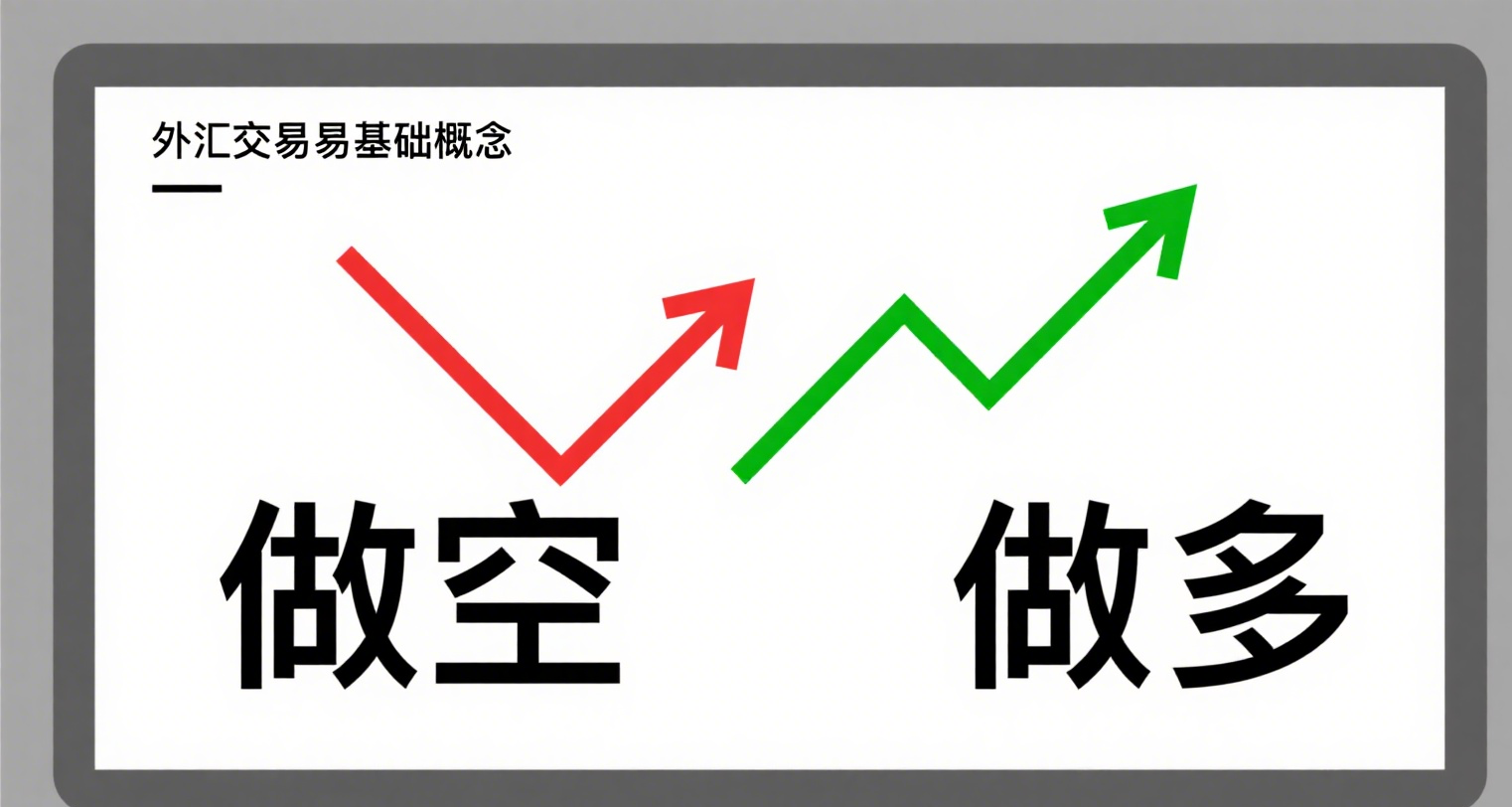
Take a look at these real-life cases—do you find yourself falling into the same trap?
Many people might ask: Why can’t telecom operators just straightforwardly tell customers that this is an installment loan? Aside from the sales performance pressure faced by frontline staff at service centers, another reason is to prevent users from reselling the phones for cash. In fact, similar activities like the so-called "iPhone contract phones" or "prepaid plans with free phones" were common in earlier years. However, many people would resell the phones immediately and cancel their plans the next month. Telecom operators promote installment plans to curb such cash-out behaviors and ensure users remain active for three years or even longer. Because of all these convoluted tactics, the communication cost between service center staff and consumers is too high, so it’s better to "say less"—after all, just pay the bill on time and get a free phone. Sounds pretty good, doesn’t it?
What was originally a win-win situation now seems to be heading toward a lose-lose outcome. However, actually solving this problem is quite challenging. Let’s break it down: Telecom operators are merely the platform for these transactions, while the actual funding comes from lending financial institutions. Telecom operators and financial institutions are regulated by different authorities. Financial regulators oversee financial institutions but have no direct control over telecom operators. In service centers, how sales are conducted and contracts are signed becomes a "gray area" that’s hard to regulate and hold accountable.
We consulted many financial professionals on this issue, and they offered some expert insights and suggestions. First, they believe the key to solving the problem lies not in restricting sales tactics at service centers but in regulating the collaboration between financial institutions and telecom operators, imposing stricter penalties on partner institutions. They also suggest differentiated governance for quasi-financial institutions and licensed financial institutions.
Here’s a quick explanation of these two terms: Licensed financial institutions are heavily regulated, operate under strict guidelines, and are highly credible—such as banks and securities firms. Quasi-financial institutions, on the other hand, are more flexible, less regulated, and relatively higher-risk—such as loan companies, leasing firms, and P2P lending platforms.
Therefore, most of the loan companies partnering with telecom operators fall under the "quasi-financial institution" category. Last May, the "Financial Exit Order" was issued, requiring central state-owned enterprises to refrain from establishing, acquiring, or taking new stakes in quasi-financial institutions in principle. For example, China Telecom exited part of its financial business in July last year, with its subsidiary Bestpay listing for sale its stakes in three lending and insurance companies.
















